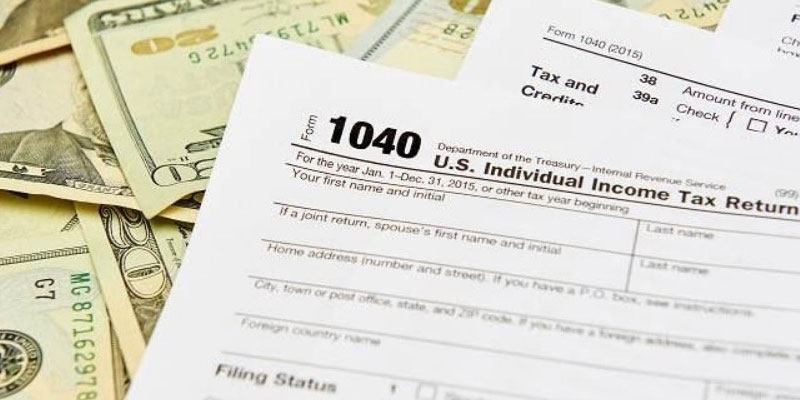A credit freeze, commonly referred to as a security freeze, is a padlock that prevents a credit bureau from disclosing a consumer's credit report to any outside parties as an anti-fraud tool. Users who believe their identities may have been stolen frequently request credit freezes.
Victims frequently choose to freeze their credit to stop fraudsters from using it to open new accounts or buy stuff to lessen the impact of the theft. No financial institutions or other third parties will have access to a consumer's credit information as long as the credit freeze lasts.
Here's what you need to learn about the timeframe of credit freezes compared to other preventative steps if you're worried about data breaches, identity theft, or someone accessing your credit reports without your consent.
How does Credit Freeze Work?

Customers can manage and limit access to their credit report by placing a credit freeze on it. As a result, it is more challenging for burglars, con artists, and other unauthorized individuals to open credit accounts in that customer's name without that person's consent. Federal law allows users to request a free credit freeze from any of the big three credit bureaus.
The fact that fraudsters frequently attempt to register new credit accounts using hijacked information highlights the significance of credit freezes in preventing identity theft.
All customers should take precautions now and keep a close eye on their account activity to spot any unusual changes or transactions as soon as they occur.
The Timing of a Credit Freeze

A credit freeze lasts until you get in touch with the credit bureau that placed it and requested that it be lifted.
A credit freeze may take one business day to take effect, but if you request its lifting over the phone or online, the credit bureaus are obligated to do it in only one hour. It may take up to three working days after the credit bureau gets the notice if you request lifting a credit freeze by mail. If you request a credit freeze for your underage child, the only method accepted is by mail.
Credit Freezes Vs. Fraud Alerts
An account freeze stops creditors and businesses from accessing your credit record to open new accounts using your name. A fraud alert, often known as a credit alert, only mandates that they confirm your identification by getting in touch with you (by calling you, for example) before opening new credit accounts.
A fraud alert, as opposed to a credit freeze, has a set duration of one year.
Before 2018, it lasted 90 days. Once it expires, you can extend it for another year. You are entitled to a seven-year extended fraud alert if you were a victim of identity theft.
Pros and Cons of Freezing Your Credit
Pros
- It is free. The federal government made credit freezes a free choice for all customers as of September 2018. Additionally, lifting your frozen indefinitely or temporarily is free of charge.
- It is an excellent deterrent to identity theft. A credit freeze is an excellent option because it is legally required to help protect you from identity thieves. Limiting access to your credit record makes a credit lock unregulated and may cost money.
- It's an easy procedure. The Economic Growth, Regulatory Relief, and Consumer Protection Act of 2018 mandates the upkeep of websites where consumers can obtain credit freezes by all three national credit agencies.
- It prohibits the sale of personal data by credit bureaus.
Cons
The following situations are somewhere the timing of a credit freeze could be problematic:
- You want to purchase a house. When you apply for a mortgage, one of the first things lenders do is check your credit. Your transaction can be delayed if your credit freeze hasn't been lifted.
- If you're launching a company, you may need credit from your vendors. They'll check your personal credit if you still need to get a corporate credit history. A credit freeze can make it more difficult to launch your business.
- If you have no emergency savings, a credit freeze could put you in a problem if you suddenly require a credit card to pay for an expense.
- Whenever you want a creditor to see your credit report, you might have to give them a PIN. Each credit bureau will provide you with a PIN after you've frozen your account. Although users can unfreeze their accounts at Equifax and TransUnion without a PIN (they will ask you security questions to verify your identity), you need a PIN for your Experian credit freeze lift.
When to Unlock Credit Freeze
You may want to unlock your credit freeze, at least temporarily, for the following reasons:
- You are a cosigner on someone else's debt. For example, you might assist your child in obtaining private student loans for college. Your credit report will be examined in that situation.
- You're divorcing your spouse. You can find yourself in a difficult financial situation after a divorce and might need credit loans or cards to get through the transition.
- A credit alert would be simpler. You must make separate inquiries with each credit agency to request or lift a credit freeze.
Is Credit Freeze Right for You?
There aren't many drawbacks to implementing the extra protection step because credit freezes are free and have no adverse effects on your credit score. Registering with one of all three credit bureaus can also receive free fraud alert protection for an entire year. The best course of action for securing yourself is probably to freeze, regardless of whether you've been a target of credit or identity fraud or are actively preventing these crimes. With the three credit bureaus, you can freeze your accounts online, over the phone, or in writing.



